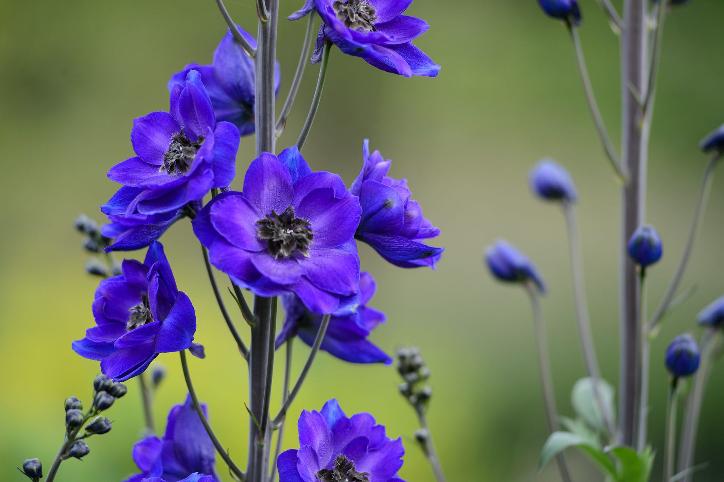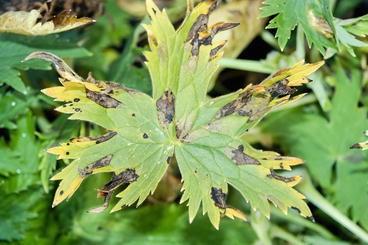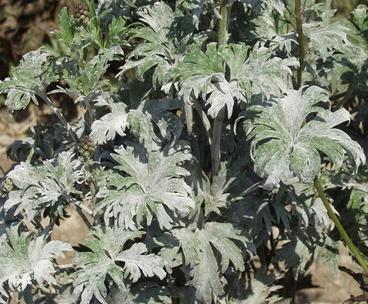Delphinium Plant
Delphinium (Delphinium elatum) is a perennial that grows 2-6 ft tall, hardy in USDA Zones 3-7, prefers well-drained, rich soil, full sun to part shade, medium moisture, is not edible, and has medicinal uses.

Habit
Upright
Height
90 to 180 cm
Growth
Perennial
Soil
Well-drained, loamy
Shade
Full Sun
Moisture
Moderate
Edible
No
Medicinal
No
Origin
Europe
Climatic Condition
Cool, temperate
Temperature (°)
10 to 25
Humidity (%)
50 to 70
Potting media
Loamy soil mix
Fertilizers
High phosphorus, organic
Watering
Moderate watering
Plant Weight
50 to 200 g
Flowering Time
Late Spring to Summer
Soil Ph level
6.0 to 7.5
Water Ph level
6.5 to 7.0
Soil EC
0.4 to 1.2
Yield Per Plant
1,920 to 10,240 grams
NPK ratio
10:10:10
life Span
Perennial
Health Benefits
Ornamental, attracts pollinators, toxic if ingested.
Suggested Grow Media or Potting Mix ?
50% loamy soil, 30% compost, 20% sand
Suggested Fertigation/Fertilizers
Fertilize every 2 weeks with a balanced fertilizer.
Common Diseases and Remedies
Powdery Mildew, Root Rot, Gray Mold, Aphids, Leaf Spot.
White powdery growth on leaves Wilting, yellowing leaves, root discoloration Gray, fuzzy mold on leaves and flowers Yellowing leaves, sticky residue on leaves Brown or black spots on leaves
Neem oil, baking soda spray Improve soil drainage, use beneficial soil microbes Improve air circulation, remove affected parts Insecticidal soap, ladybugs Remove infected leaves, use compost tea spray
Sulfur-based fungicides, Fungicides with metalaxyl or mefenoxam, Iprodione or thiophanate-methyl, Insecticides containing imidacloprid, Copper-based fungicides.
HEALTH BENEFITS
· Historically Used as a Sedative: Some species were used in herbal remedies.
· Antiparasitic: Traditionally used to treat lice and scabies.
· Caution: Can be toxic, causing respiratory paralysis in large doses.

